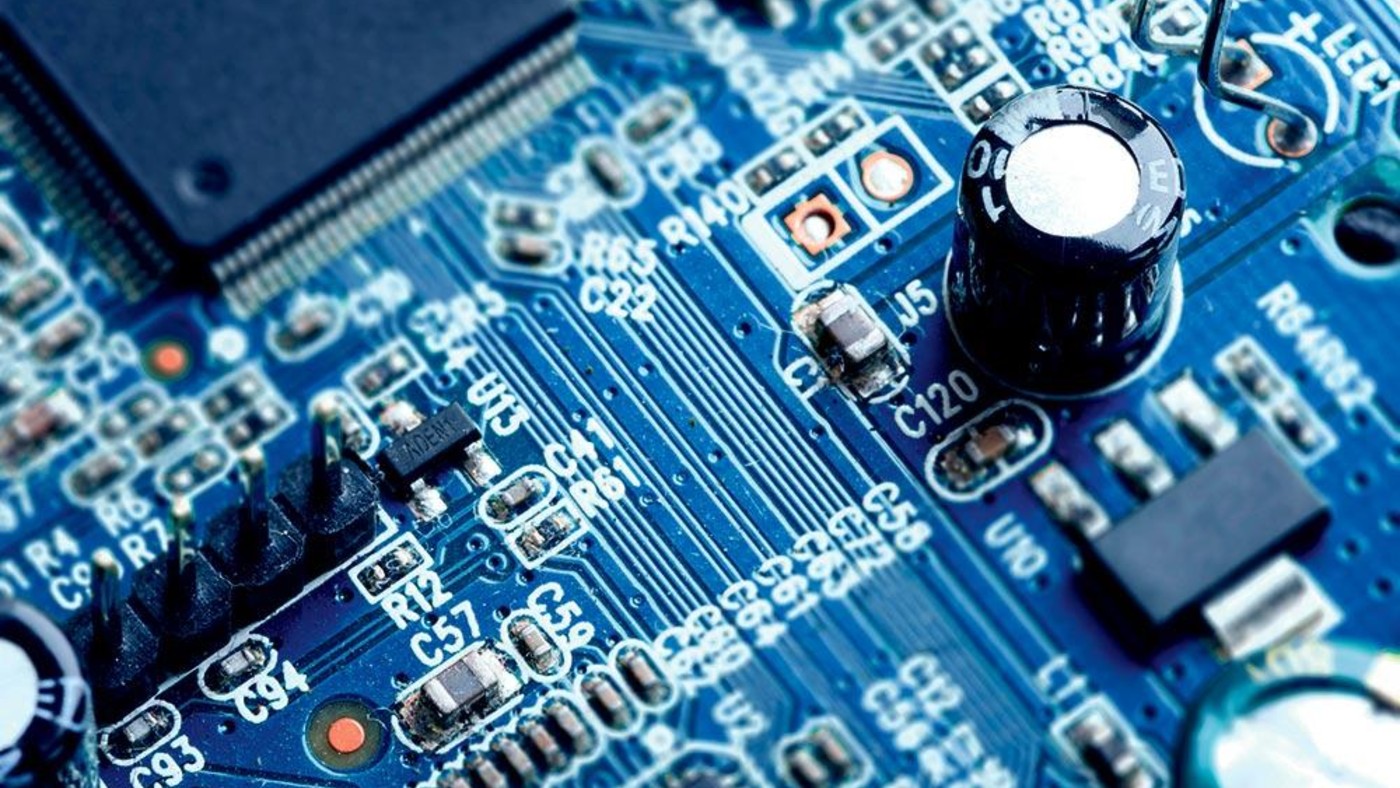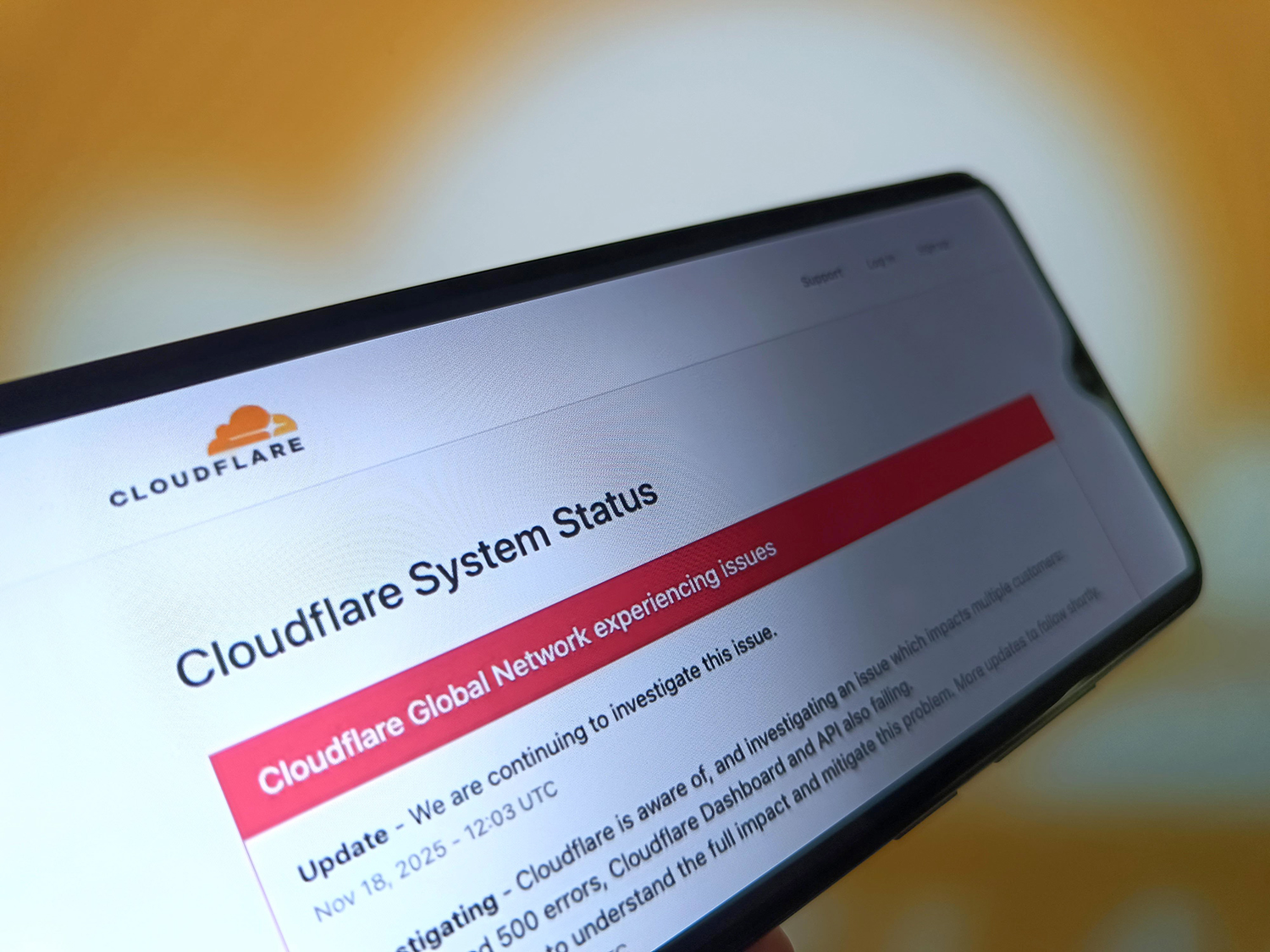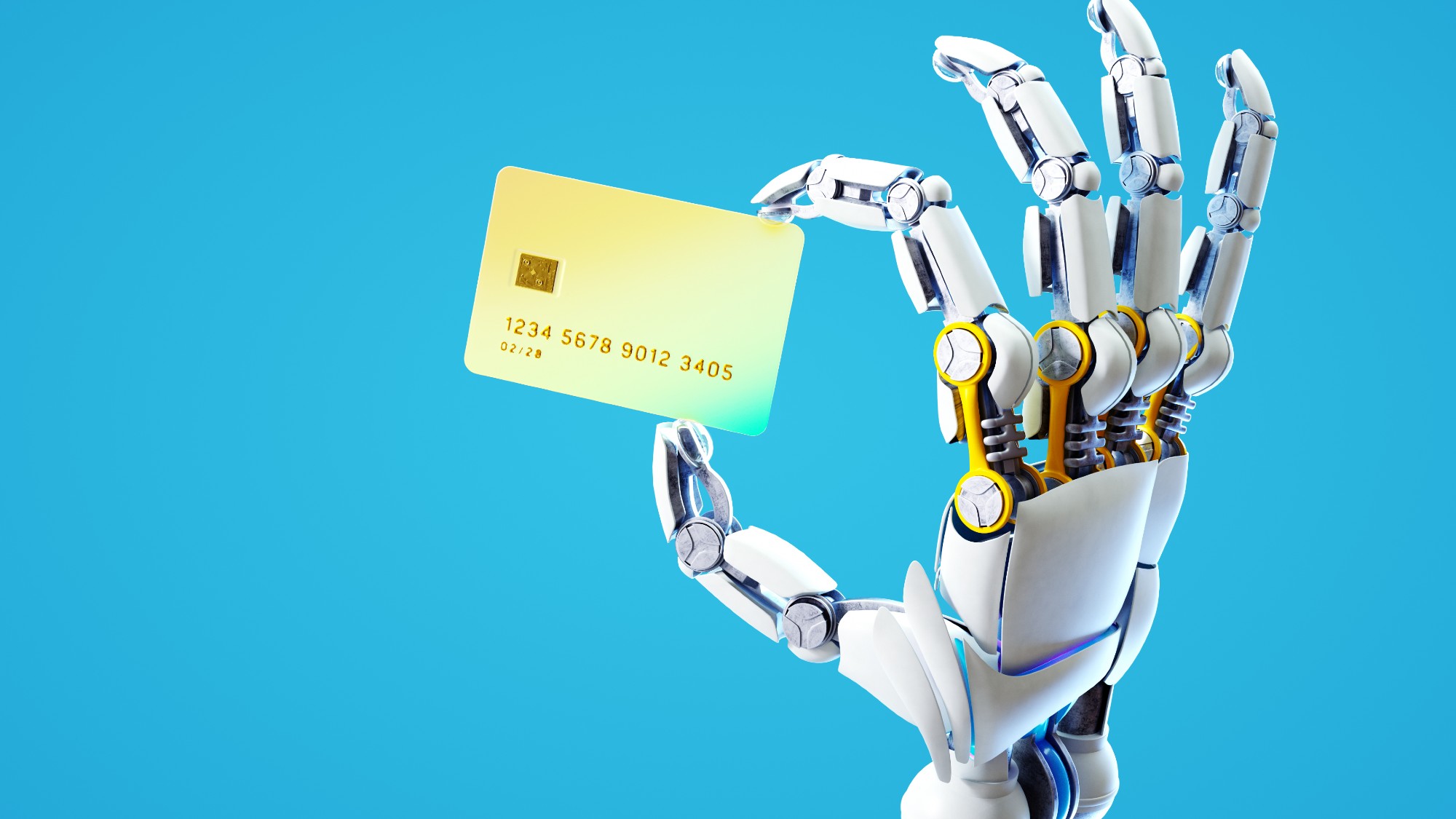The chip shortage
The global chip crunch is hurting industry and consumers. How can it be fixed?

A free daily email with the biggest news stories of the day – and the best features from TheWeek.com
You are now subscribed
Your newsletter sign-up was successful
Reporting a doubling of online sales this week, Dixons Carphone boss Alex Baldock claimed the Covid crisis “has caused a permanent shift to people buying more tech”, said BBC Business. Great news for electrical goods retailers and Big Tech – provided they can get their hands on the chips.
The acute global shortage of semi-conductors that began to bite earlier this year shows no sign of easing, said Chaim Gartenberg on The Verge. Gamers can’t get the latest Xbox Series X or PS5 consoles. But it reaches far beyond that. “Car companies are being hit worst” – some are struggling to avoid factory closures. Even “home appliances might start to see issues with supply”. Intel CEO Pat Gelsinger reckons the situation will get worse before it gets better. “I don’t expect the chip industry” to be “back to a healthy supply-demand situation until 2023”, he said.
The problem isn’t a decline in production, said Asa Fitch in The Wall Street Journal. On the contrary, the number of chips sold globally in April reached nearly 100 billion – a record-breaking figure – up from 73 billion shipped just before the pandemic in January 2020, “reflecting how the industry has ramped up to meet demand”.
The Week
Escape your echo chamber. Get the facts behind the news, plus analysis from multiple perspectives.

Sign up for The Week's Free Newsletters
From our morning news briefing to a weekly Good News Newsletter, get the best of The Week delivered directly to your inbox.
From our morning news briefing to a weekly Good News Newsletter, get the best of The Week delivered directly to your inbox.
Numerous factors have driven up the need for chips – from the record number of laptops bought to enable WFH, to high demand for medical devices during the pandemic. The roll-out of superfast 5G mobile networks has prompted sales of new smartphones to take advantage of the speed boost. Gadget price increases aren’t yet a major factor to the “broader uptick in inflation”, but some consumers are starting to feel the pinch.
“Never seen anything like it,” tweeted Tesla boss Elon Musk, of the chip famine recently. The upshot for his customers is a $2,500 (£1,816) increase in Model 3 prices over three months. Musk’s other big passion, crypto-currencies, are also fuelling inflation, said The Economist – particularly of graphics chips used in “mining”.
The obvious question, said Bloomberg, is why not just make more chips? The answer is an industry inside joke: “It’s not rocket science, it’s much more difficult.” It takes years, and billions of dollars, to build a semiconductor factory, or “fab” – and “the economics are so brutal” that you can lose massively if your “expertise is a fraction behind the competition”. That’s why so many chip designers outsource to Asia, where makers like Taiwan’s TSMC have a stranglehold. Expect that to change as resource nationalism kicks in, said Andrew Blum in Time. The US and other Western countries are racing to build “fabs” to counter “China’s ambitions of becoming the global semiconductor champion”. In the world of geopolitics, “chips are the new oil”.
A free daily email with the biggest news stories of the day – and the best features from TheWeek.com
-
 What to know before filing your own taxes for the first time
What to know before filing your own taxes for the first timethe explainer Tackle this financial milestone with confidence
-
 The biggest box office flops of the 21st century
The biggest box office flops of the 21st centuryin depth Unnecessary remakes and turgid, expensive CGI-fests highlight this list of these most notorious box-office losers
-
 The 10 most infamous abductions in modern history
The 10 most infamous abductions in modern historyin depth The taking of Savannah Guthrie’s mother, Nancy, is the latest in a long string of high-profile kidnappings
-
 Are AI bots conspiring against us?
Are AI bots conspiring against us?Talking Point Moltbook, the AI social network where humans are banned, may be the tip of the iceberg
-
 Silicon Valley: Worker activism makes a comeback
Silicon Valley: Worker activism makes a comebackFeature The ICE shootings in Minneapolis horrified big tech workers
-
 AI: Dr. ChatGPT will see you now
AI: Dr. ChatGPT will see you nowFeature AI can take notes—and give advice
-
 Metaverse: Zuckerberg quits his virtual obsession
Metaverse: Zuckerberg quits his virtual obsessionFeature The tech mogul’s vision for virtual worlds inhabited by millions of users was clearly a flop
-
 The robot revolution
The robot revolutionFeature Advances in tech and AI are producing android machine workers. What will that mean for humans?
-
 Texts from a scammer
Texts from a scammerFeature If you get a puzzling text message from a stranger, you may be the target of ‘pig butchering.’
-
 Blackouts: Why the internet keeps breaking
Blackouts: Why the internet keeps breakingfeature Cloudflare was the latest in a string of outages
-
 AI agents: When bots browse the web
AI agents: When bots browse the webfeature Letting robots do the shopping